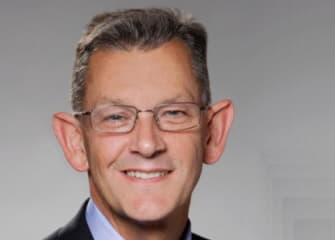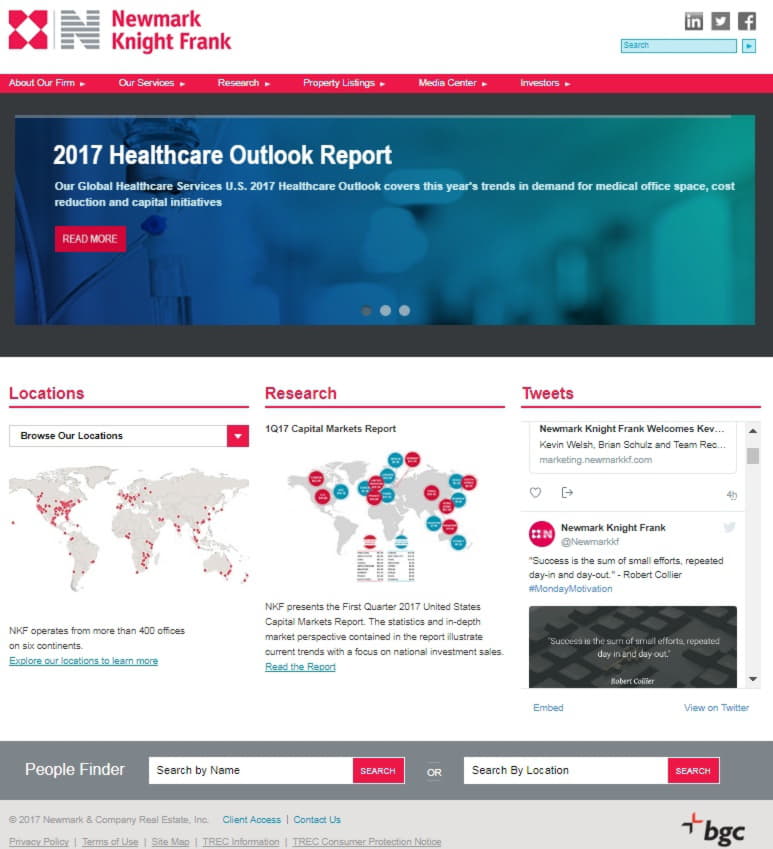
Mark Turner
Click here for Part I & Part III
Meeting the community’s financial needs for 162 years and counting
Mark Turner is the chairman, president, and CEO of WSFS Bank. Founded in 1832, WSFS Bank is the oldest and largest locally managed financial services company in the Delaware Valley, and one of the oldest banks in the United States. Today, the bank is worth billions of dollars and operates from over 70 offices throughout Delaware, Pennsylvania, Virginia, and Nevada.
EDWIN WARFIELD: Can you walk us through WSFS Bank’s business model? How has it changed over the years?
MARK TURNER: For many, many years we were not an acquisitive organization. We thought our competency was around organic growth: one associate at a time, one customer at a time, maybe a team at a time. Post financial crisis, so post 2007–2008, the opportunities in the marketplace became more around acquiring other institutions—institutions that were not necessarily troubled, but may have had a hard time making it on their own with a slow economy and a lot of regulatory burden.
We did six acquisitions in about a three-year span: three of them in the traditional banking space, one in Delaware, two in Southeastern Pennsylvania—which provided us a nice heft in Southeastern Pennsylvania—and then we did three in the non-traditional space, so a mortgage banking company and two wealth management firms.
As we look at our strategic plan as a bank that right now is the oldest and largest bank headquartered in the Delaware Valley—and that's the Philadelphia Camden Wilmington Metropolitan Statistical Area, and that’s the sixth largest MSA in the country—we see our growth plans being about half and half: about half the organic growth, which we’re still very good at; and half through acquisition opportunities, which we've developed a competency around over the last decade or so.
Q. Is it a challenge to remain innovative as one of the oldest banks in the region?
A. We're 185 years old, but as I say, it's our responsibility as an 185-year-old institution to reinvent ourselves every generation to stay relevant for that generation and the next generation. We have a history of innovation in our organization that goes back a long way. In the early 70s, we were either the first or the second bank in the United States to introduce a debit card—access to your checking account a piece of plastic in your wallet. Prior to that, you accessed your checking account through either a check or going to the teller line. It was a major, major innovation that still obviously exists today and is very widely used today.
In the late 90s, we engaged in another series of innovative activity. We got deeply involved in internet banking when it started to become very popular in the late 90s, through an investment in a company called EverBank, and that name still exists today. We helped get that organization off the ground, and we were one of the few banks that had a significant investment in a separate company that all they did was internet banking.
In the mid-90s, we also got involved in reverse mortgages. That's a product that was just starting at that time and we were a significant buyer and a significant part of the liquidity of providing reverse mortgages in the United States in its early part of its infancy. That product has developed quite a bit, and has changed quite a bit, but that product is still a very, very useful product today. In fact, my dad is in the process of taking out a reverse mortgage.
We also got involved in mortgage banking on a national level through a startup, and also got involved in ethnic banking. A bank called United Asian Bank, where we served Korean American communities or Asian American communities that pop up in certain places. Obviously, they are very, very strong communities, and there’s a desire for them to be served by banks in their local communities by people who speak the language with materials and products that speak to the needs of those communities.
That takes us up through the early 2000s, pre-financial crisis, pre-regeneration of financial industry, which is fintech—which is where we are today.
Sponsored by:
ABOUT NEWMARK KNIGHT FRANK
Newmark Knight Frank (NKF) is one of the world's leading commercial real estate advisory firms. Together with London-based partner Knight Frank and independently-owned offices, NKF's 15,000 professionals operate from more than 400 offices in established and emerging property markets on six continents.
With roots dating back to 1929, NKF's strong foundation makes it one of the most trusted names in commercial real estate. NKF's full-service platform comprises BGC's real estate services segment, offering commercial real estate tenants, landlords, investors and developers a wide range of services including leasing; capital markets services, including investment sales, debt placement, appraisal, and valuation services; commercial mortgage brokerage services; as well as corporate advisory services, consulting, project and development management, and property and corporate facilities management services. For further information, visit www.ngkf.com.
NKF is a part of BGC Partners, Inc., a leading global brokerage company servicing the financial and real estate markets. BGC's common stock trades on the NASDAQ Global Select Market under the ticker symbol (NASDAQ: BGCP). BGC also has an outstanding bond issuance of Senior Notes due June 15, 2042, which trade on the New York Stock Exchange under the symbol (NYSE: BGCA). BGC Partners is led by Chairman and Chief Executive Officer Howard W. Lutnick. For more information, please visit www.bgcpartners.com.


Edwin Warfield, CEO of citybizlist, conducts the CEO Interviews.
If you're interested in reaching CEOs, please contact edwin.warfield@citybuzz.co
Connect on LinkedIn










